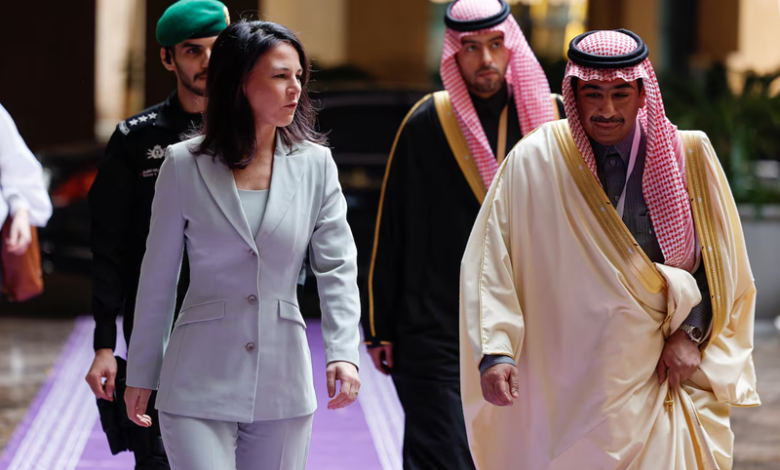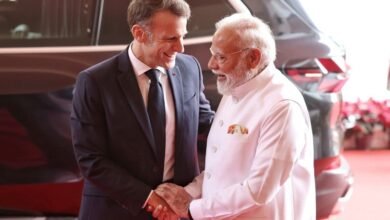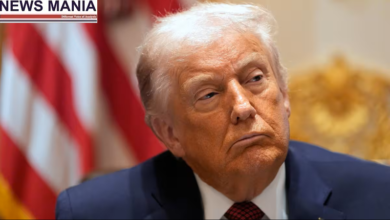EU foreign ministers will discuss Syria sanctions relief at the end of the month.
News Mania Desk / Piyal Chatterjee / 12th January 2025

European foreign ministers are scheduled to convene at the end of January to deliberate on the removal of sanctions from Syria, according to the EU foreign policy chief, who spoke on Sunday in Riyadh prior to a gathering of prominent Middle Eastern and Western diplomats alongside Syria’s newly appointed foreign minister.
Kaja Kallas, the chief of EU foreign policy, announced that the foreign ministers will meet in Brussels on January 27 to discuss how the 27-member bloc might ease sanctions on Syria. Following 13 years of civil conflict, Syria’s President Bashar al-Assad was removed in a swift attack by rebel groups headed by the Islamist Hayat Tahrir al-Sham (HTS) one month ago. The group has established a caretaker administration in Damascus since then.
Kallas stated that any decision by Europe to relax sanctions would depend on the new Syrian government’s governance, which should incorporate “various groups,” women, and “no radicalization,” without providing further details. “If we observe progress in the right direction, we are prepared to take the next steps… However, if we notice that it’s not heading in the right direction, we can also reconsider our position.”
The conference on Sunday, marking the initial gathering of Western and regional leaders organized by influential Saudi Arabia since Assad’s removal, occurs while Damascus calls on the West to ease sanctions to facilitate a smoother flow of international funding. The U.S., Britain, the European Union, and other nations enacted severe sanctions on Syria following Assad’s repression of pro-democracy demonstrations in 2011, which escalated into a civil war. However, the current situation in Syria has been made more complex by sanctions imposed on HTS and certain leaders due to its past affiliation with al Qaeda.
Germany, which is at the forefront of the EU’s discussions on sanctions, on Sunday suggested enabling aid for the Syrian population while maintaining sanctions on Assad’s allies who have “committed serious crimes.”
“Syrians are seeking an immediate benefit from the shift in power, and we remain committed to assisting those in Syria who lack basic necessities, as we have throughout the years of civil conflict,” German Foreign Minister Annalena Baerbock stated to reporters in Riyadh. She stated that Germany would allocate an additional 50 million euros for food, emergency housing, and medical assistance.






